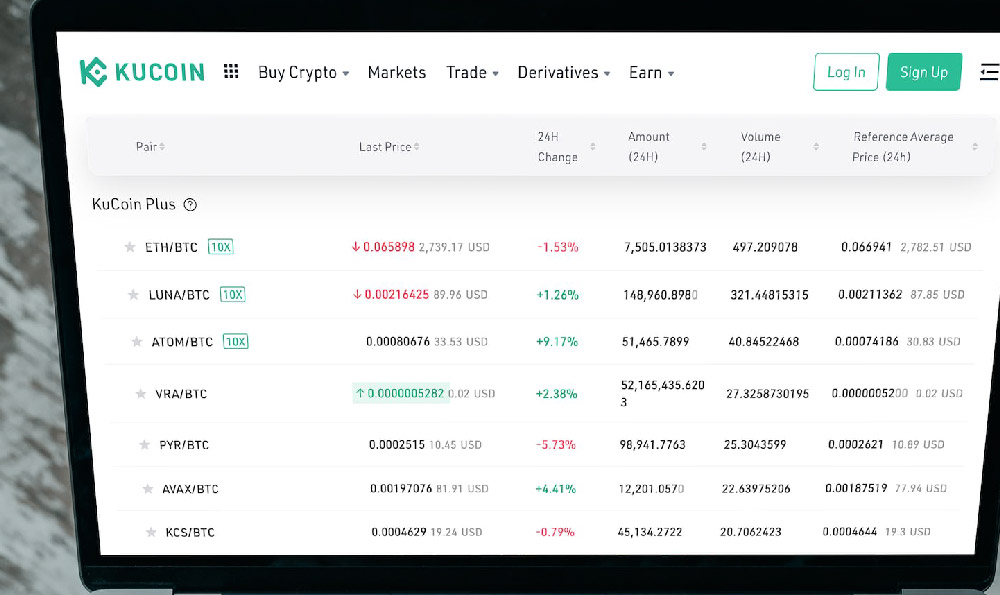Can You Work Part-Time and Still Collect Unemployment?
Navigating the complexities of unemployment benefits while seeking part-time employment requires a nuanced understanding of state-specific regulations and eligibility criteria. Generally, the possibility of simultaneously receiving unemployment benefits and working part-time hinges on several factors, primarily revolving around the amount earned from the part-time job and how it impacts your continued eligibility based on state laws.
The core principle underpinning unemployment insurance is to provide temporary financial assistance to individuals who have lost their jobs through no fault of their own and are actively seeking full-time employment. This inherently creates a potential conflict with part-time work, as it raises questions about your commitment to finding full-time employment and your need for the full amount of unemployment benefits.
State laws, which vary significantly across the United States, dictate the specific rules governing part-time employment and unemployment benefits. Most states operate under a system where your unemployment benefit is reduced proportionally to the amount you earn in part-time work. A common approach is to allow you to earn a certain amount – often a percentage of your weekly unemployment benefit amount – without affecting your eligibility. However, earnings exceeding this threshold will likely result in a reduction of your benefit payment. In some cases, earning a sufficiently high amount may disqualify you from receiving any unemployment benefits for that week.

Crucially, accurate and timely reporting of your part-time earnings to the unemployment agency is paramount. Failing to report income, even if unintentional, can lead to severe penalties, including the requirement to repay benefits received, potential fines, and even legal prosecution in egregious cases. Transparency and adherence to reporting requirements are therefore non-negotiable.
Beyond the financial aspect, your availability and active search for full-time employment remain critical eligibility criteria. Even if your part-time earnings don't disqualify you from receiving benefits, you must still demonstrate that you are actively seeking and available for full-time work. This typically involves documenting your job search activities, such as applications submitted, interviews attended, and networking efforts. Taking a part-time job should not impede your ability to accept a full-time offer if one is presented. Your state unemployment agency may require you to provide proof of your job search activities regularly.
The definition of "suitable work" also plays a role. If you refuse a full-time job offer that is considered suitable based on your skills, experience, and previous earnings, you may be disqualified from receiving further unemployment benefits, even if you are working part-time. This highlights the importance of carefully considering any full-time job offers you receive while collecting benefits.
Furthermore, the specific type of unemployment benefits you are receiving can influence your ability to work part-time. For example, some states offer extended unemployment benefits under specific circumstances, and the rules regarding part-time work may be different under these programs. Likewise, if you are receiving federal unemployment benefits, such as those offered during periods of high unemployment, the eligibility criteria might differ from those of regular state unemployment insurance.
Independent contractors face a different set of considerations. Typically, unemployment benefits are not available to independent contractors, as they are considered self-employed. However, there can be exceptions, particularly if you were previously classified as an employee and then reclassified as an independent contractor by your employer. In such cases, you may be eligible for benefits if you can demonstrate that your classification as an independent contractor is improper.
Before accepting a part-time job while receiving unemployment benefits, it is essential to proactively consult your state's unemployment agency's website or contact them directly to clarify the specific rules and regulations that apply in your case. Understanding the earnings thresholds, reporting requirements, and job search obligations is crucial to ensuring continued eligibility and avoiding potential penalties.
Moreover, it's beneficial to keep meticulous records of your earnings, job search activities, and communications with the unemployment agency. This documentation will be invaluable in the event of any discrepancies or questions regarding your eligibility.
In conclusion, working part-time while collecting unemployment benefits is possible in many states, but it requires careful adherence to specific rules and regulations. Thoroughly understanding your state's laws, accurately reporting your earnings, and actively seeking full-time employment are essential to maintaining eligibility and avoiding potential complications. Always prioritize transparency and communication with the unemployment agency to ensure you are in compliance with all requirements. The decision to take a part-time job should be carefully weighed against the potential impact on your unemployment benefits and your commitment to finding suitable full-time employment. Seeking professional advice from an employment lawyer or benefits specialist can also provide valuable guidance in navigating this complex landscape.















